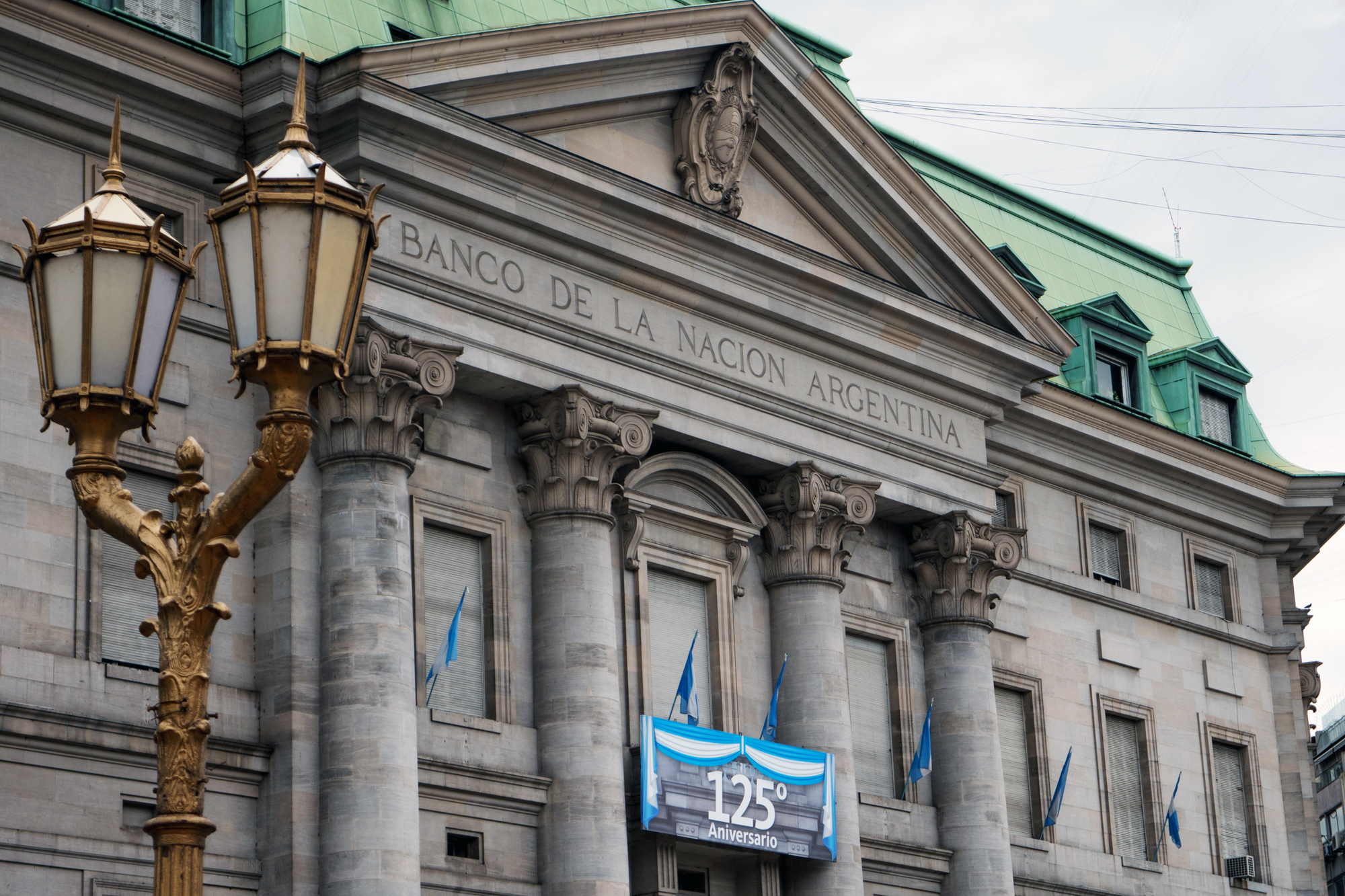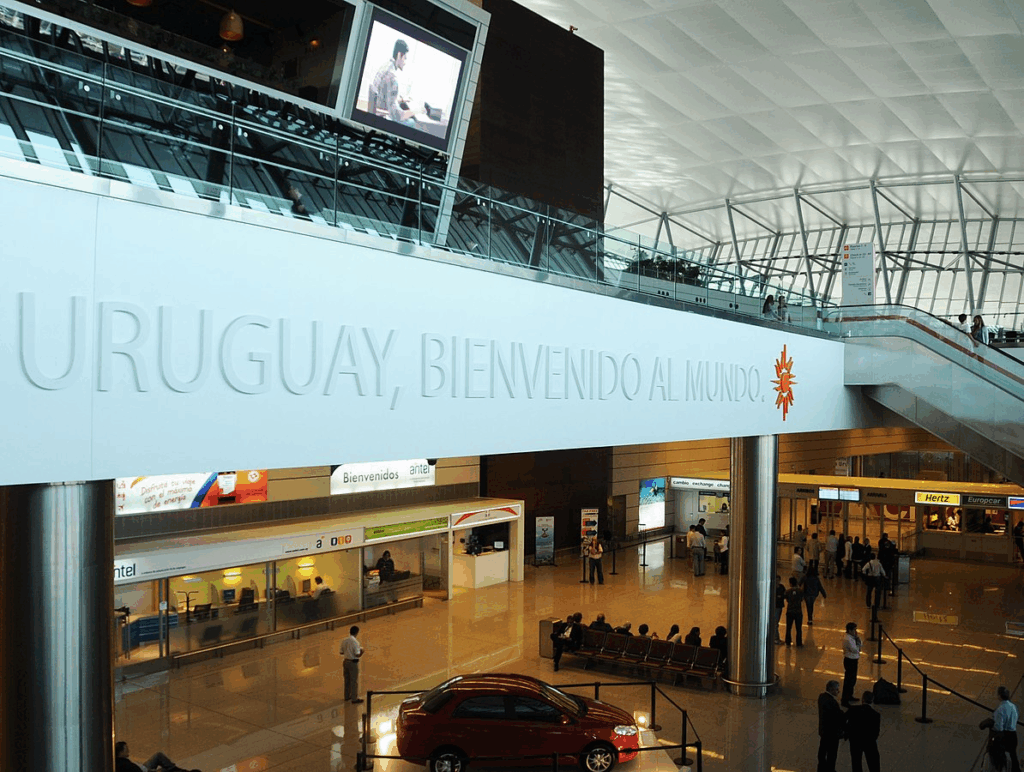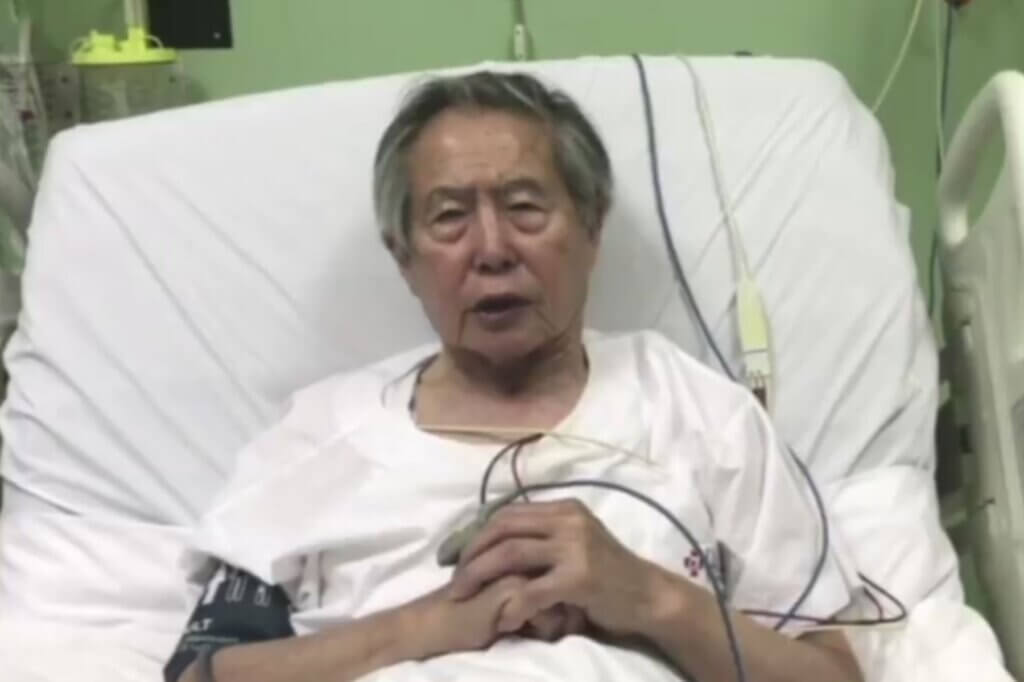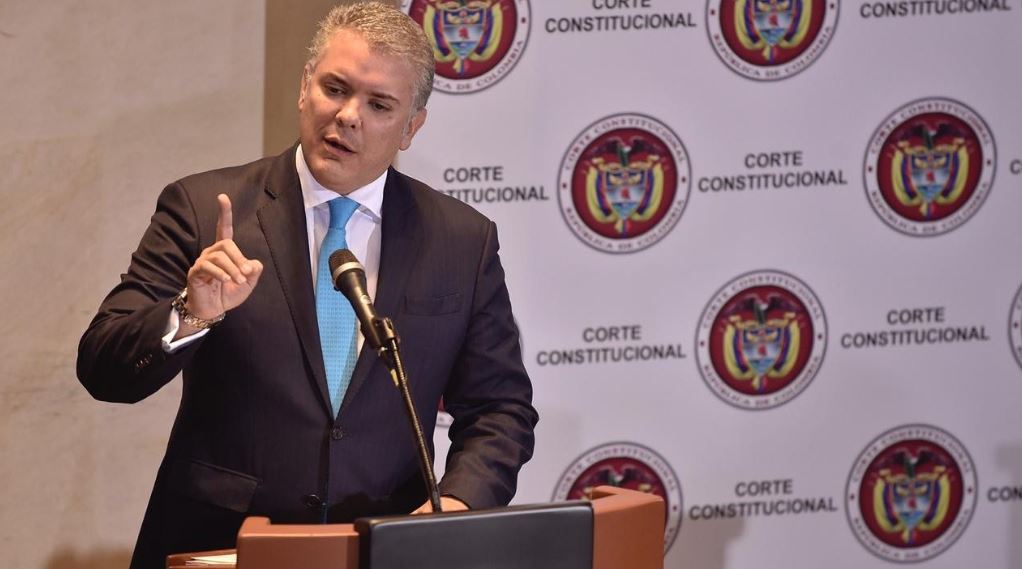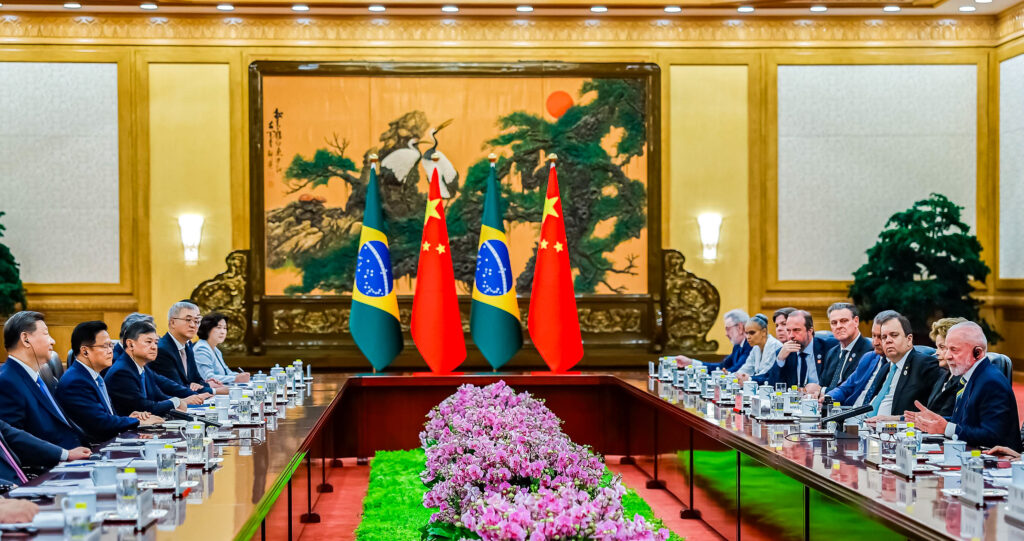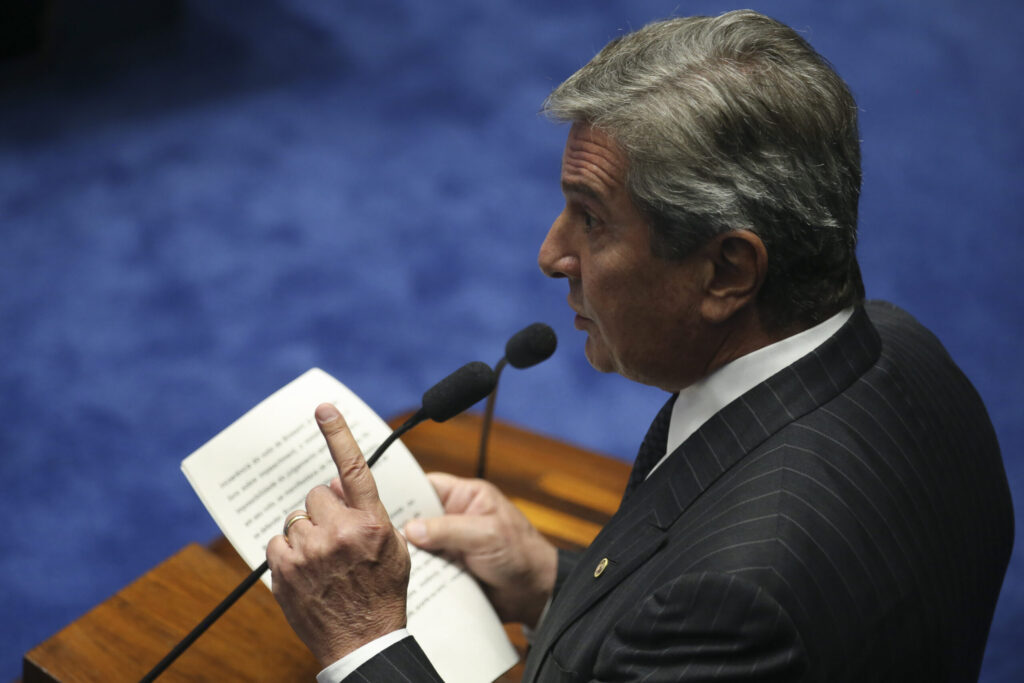On Sunday, September 1, the Argentine government released an official bulletin describing the “extraordinary, temporary and urgent” economic measures put in place to attempt to arrest the national peso’s fall in value.
The measures came into force on Sunday and include the implementation of currency controls to stabilize the Argentine currency, which reached a record low last month at an exchange rate of 60 pesos to one U.S. dollar. This is an unexpected move from President Macri, who entered office vowing to abolish such capital controls, considering that these measures are intended to be in effect until the end of the year.
The controls mean that the government will restrict purchases made in foreign currencies. Argentine companies will now have to seek permission from the Central Bank if they want to exchange pesos to foreign currencies or make transfers abroad. Individuals can also exchange their pesos to dollars — a common practice amid the Argentine currency’s longstanding volatility — but will need permission from the Central Bank if they want to buy more than $10,000 a month.
Finance Minister Hernán Lacunza has also been in talks with the International Monetary Fund (IMF) in order to organize deferred repayments amidst fears that the government will be forced to default on its international debt.
Read more: Economy takes centre stage for voters in Argentina’s upcoming elections
Argentina’s economy has been in a precarious situation since May 2018, but the recent measures taken by the government are in response to a nosedive in value of the peso, bonds, and shares caused by a more recent event: the shock victory of left-leaning Alberto Fernández in the election primary polls last month.
According to Reuters, investors feared that a Fernández government – in which former President Cristina Kirchner would serve as vice president – would see a return to the interventionist and protectionist policies of the Kirchner era, which economists have blamed for the lack of economic stability Macri inherited in 2015.
Fernández is widely expected to win the elections on October 27, but it is still unknown what his economic policy will look like if he took office.


